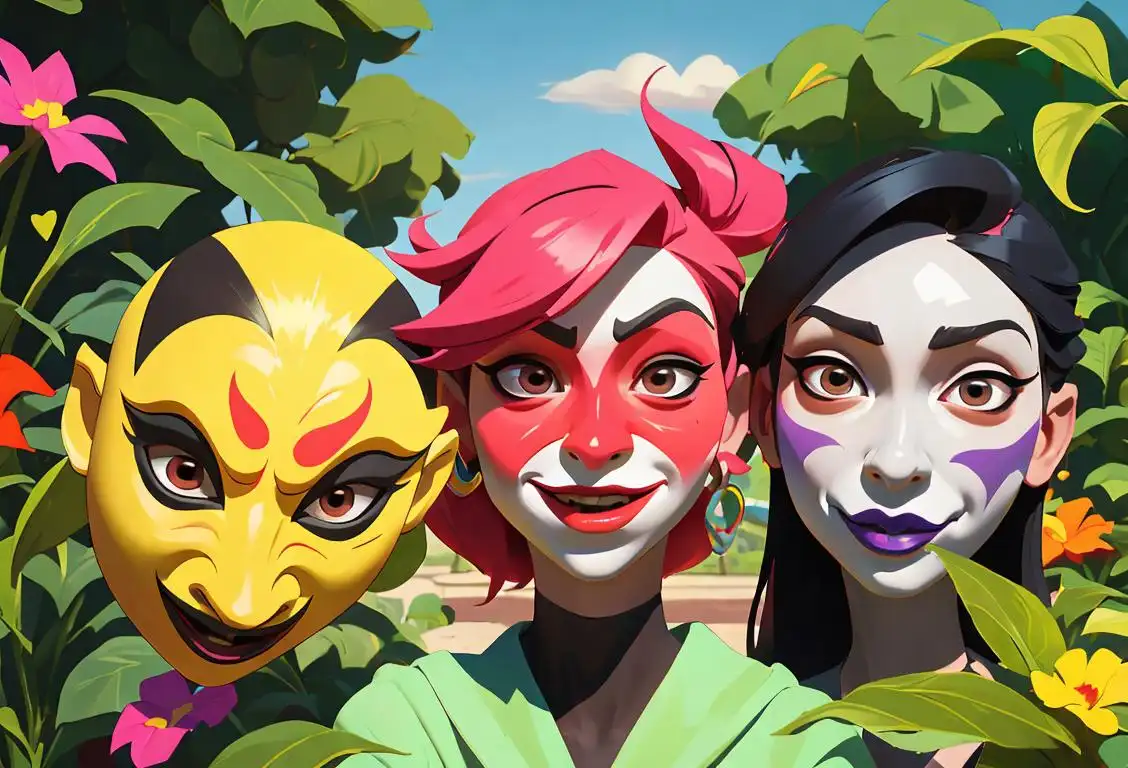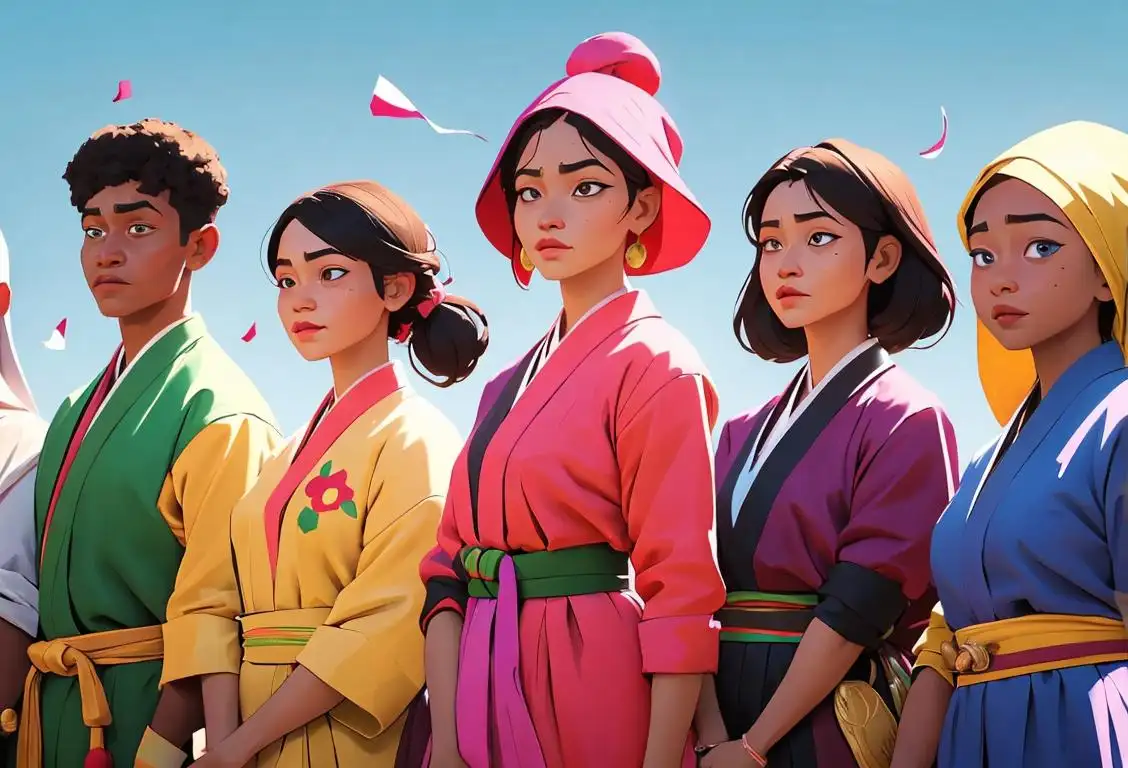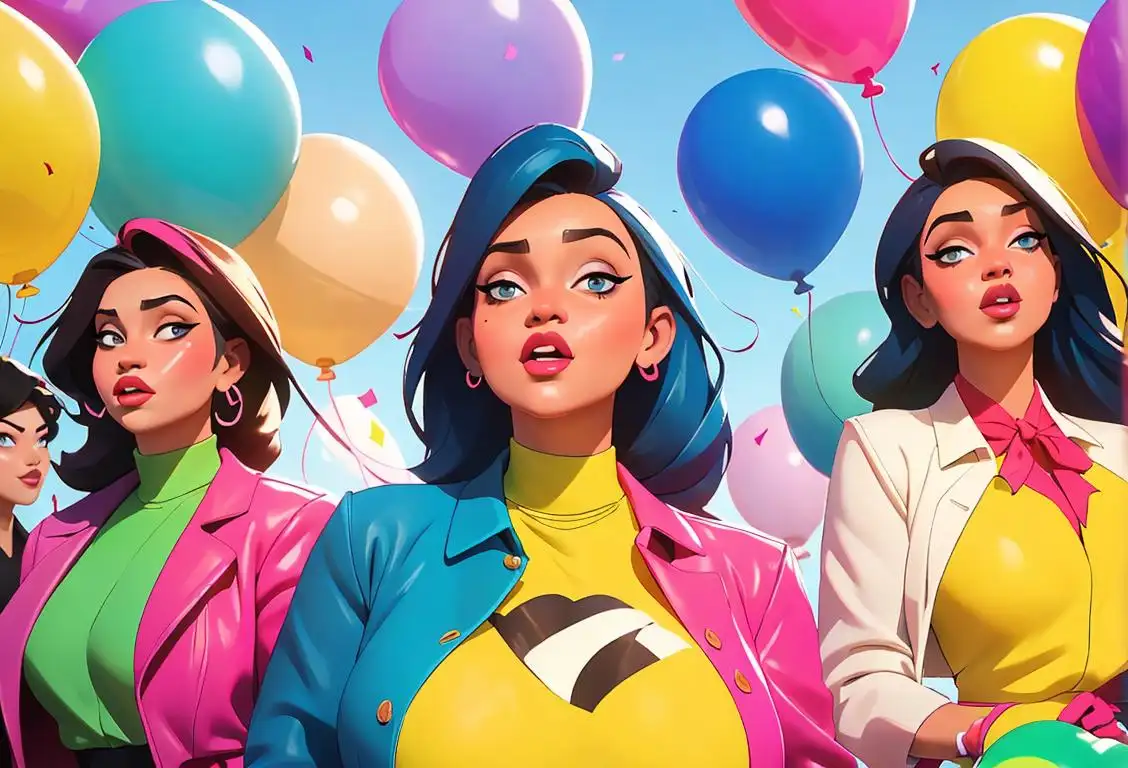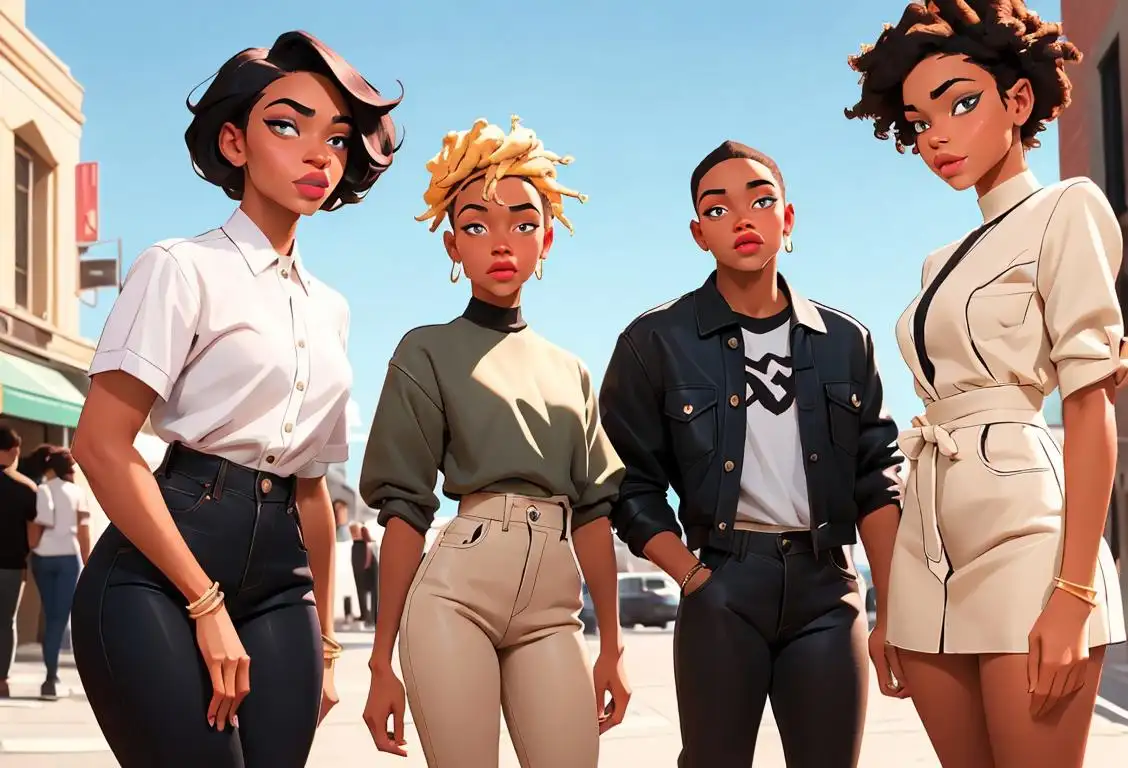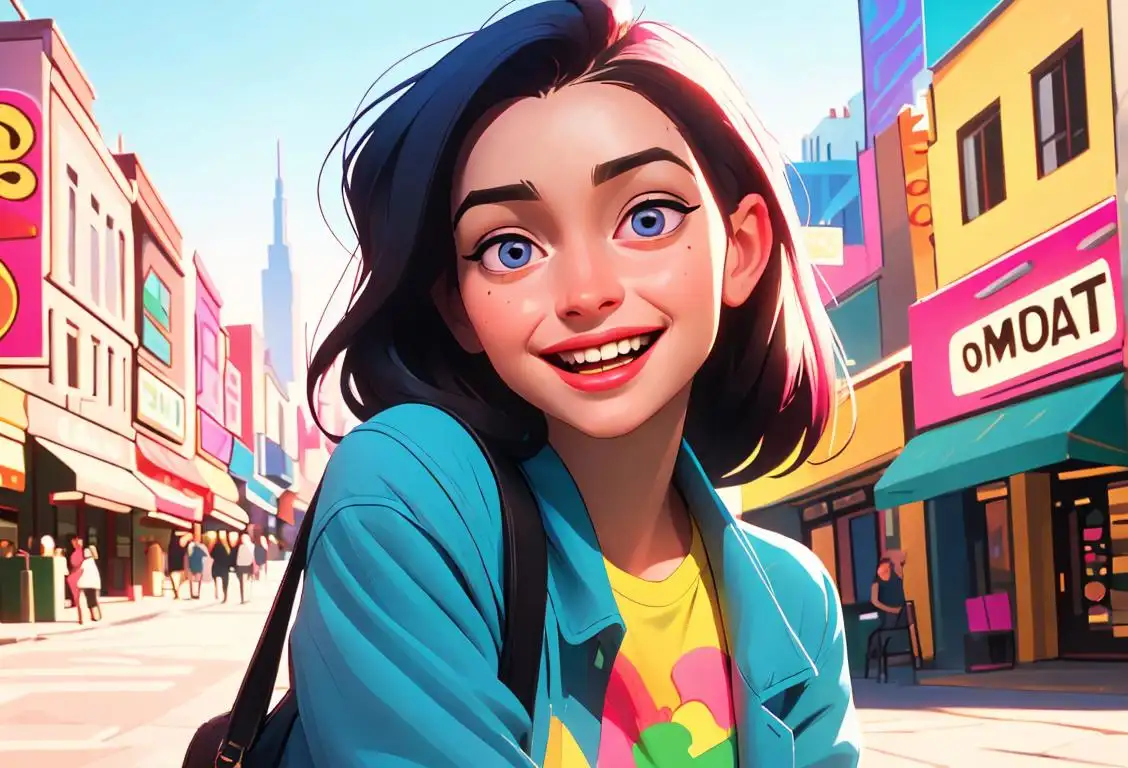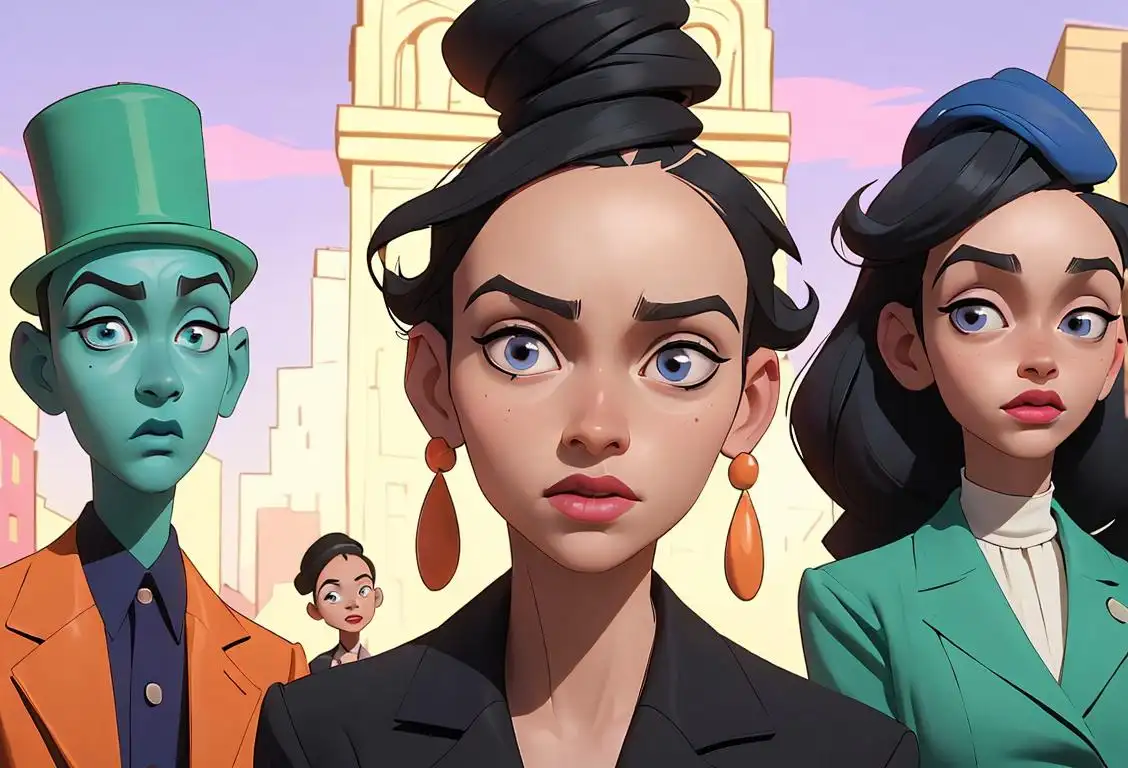National Ugly Day
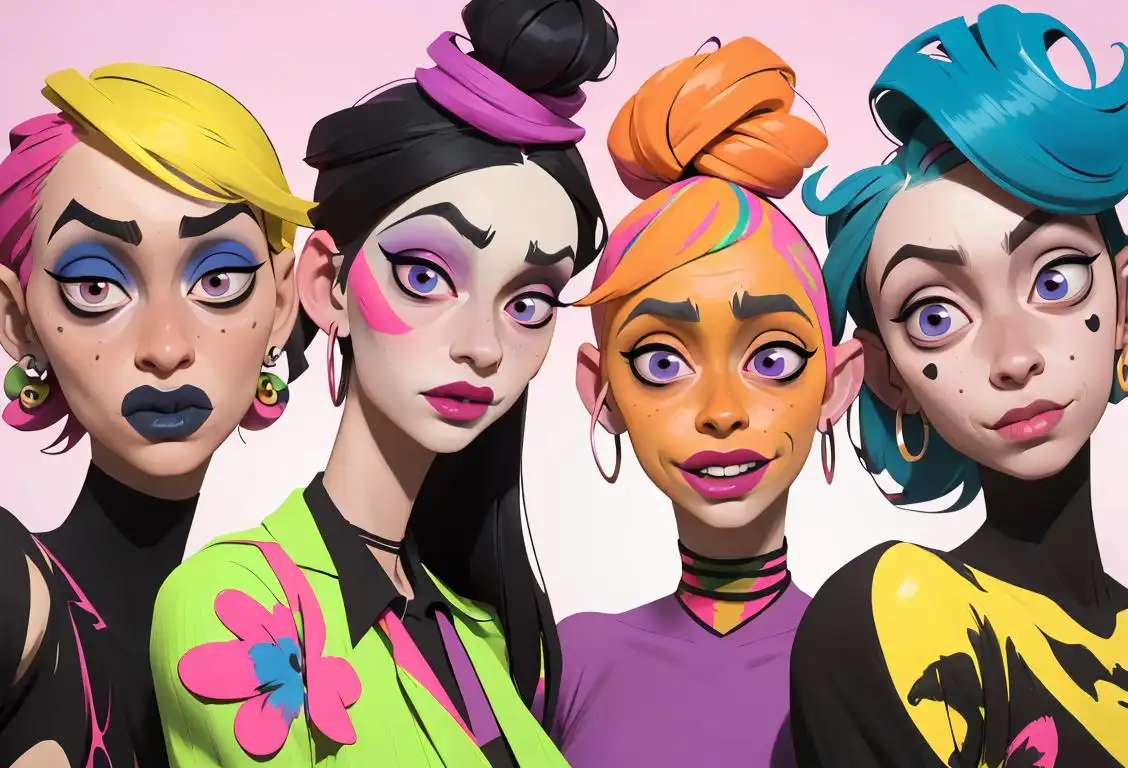
Hiyas! We're entering the weird and wonderful world of National Ugly Day today! It’s one of those bizarre holidays that seem to exist for a laugh, but deep down, it carries a heartwarming message. On this day, we celebrate embracing our quirks, blemishes, and all the things that make us 'ugly'. Because let's face it, nobody's perfect!
When is Ugly Day?
It's national ugly day on the 15th December.
Pealing Back the Onion
Well, allow us to shed some light on the obscure origins of National Ugly Day. Unfortunately, the events leading up to the inauguration of such a day are as mystical as the reasons why cats despise cucumbers. But that doesn't make it any less real, or any less important!
Spreading Like Wildfire
Our data suggests that National Ugly Day picked up significant steam on Dec 15, 2017, with a whopping 177 mentions. Perhaps it was a slow news day. Or, more likely, people felt an uncontrollable urge to let their 'ugly' shine bright – spotlights, please! This interesting peak might reflect our growing acceptance of imperfections.
Why It's Worth Celebrating
This could well be just another internet oddity, but the sentiment behind National Ugly Day is as sincere as it gets. It reinforces the idea that 'ugly' is just another word for unique. And that we should revel in our individuality, instead of comparing ourselves to unattainable ideals. So, on 15th December every year, let's give three cheers to crooked smiles, uneven eyelids, and frizzy hair - because nobody’s perfect and that’s just perfect!
History behind the term 'Ugly'
1150
Origin in Old Norse
The term 'ugly' finds its origin in the Old Norse word 'uggligr', which means 'frightful' or 'dreadful'. It was primarily used to describe something that inspired fear or caused repulsion.
1300s
Transition to Middle English
As Old Norse evolved into Middle English, the term 'ugly' carried over and continued to be used. Its meaning slightly shifted, now encompassing both physical appearance and moral qualities. Something 'ugly' was not only visually displeasing but also morally objectionable.
15th Century
Ugly as a derogatory descriptor
By the 15th century, 'ugly' had firmly established itself as a derogatory term commonly used to insult someone's appearance. It was often hurled as an insult to belittle or demean individuals who were considered unattractive.
18th Century
Expanding meaning
During the 18th century, the meaning of 'ugly' expanded beyond physical appearance and started to be used to describe things that were unpleasant, unkind, or ill-tempered. This broader usage further solidified its negative connotations.
20th Century
Ugly as a critique of design
In the 20th century, the term 'ugly' gained traction as a critique of design and aesthetics. It was used to challenge conventional notions of beauty and advocate for unconventional, avant-garde styles. Ugly became a subjective term, often associated with a deliberate departure from established norms.
Present
Reclaiming ugliness
In recent years, there has been a movement to reclaim the term 'ugly' and reinterpret it in a positive light. From embracing body positivity to celebrating unconventional beauty, there is a growing recognition that beauty itself is diverse, subjective, and not confined to traditional standards.
Did you know?
Did you know that the word 'ugly' originated from the Old Norse word 'uggligr', meaning 'dreadful'? Although the meaning has morphed over the centuries, to some extent it still conveys fear - but this time, of not meeting societal standards. On National Ugly Day, we challenge this notion!Tagged
awareness fun beauty standards diversity self-acceptanceFirst identified
8th December 2015Most mentioned on
15th December 2017Total mentions
177Other days
Ugly Day
Be A Dick To Natives Day
Aboriginal And Islanders Day
Masks Off Day
Minority Day
Curvy Day
Lightskin Day
Lisp Day
White Girl Appreciation Day
Big Forehead Day

